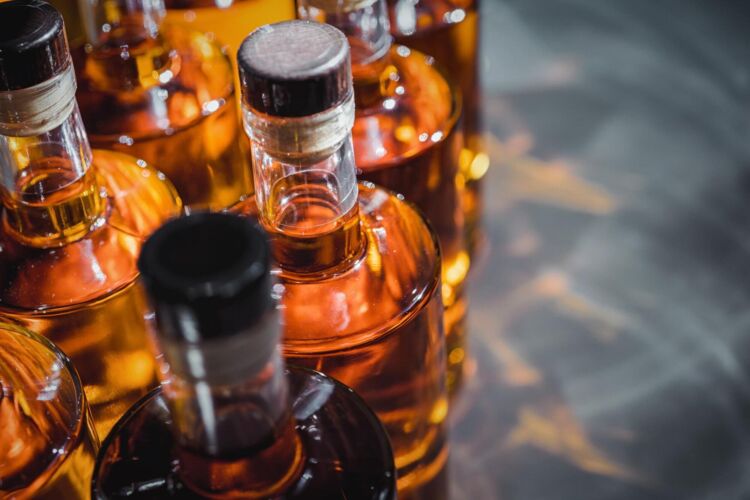By Our Reporter
Kiambu County is rapidly emerging as a hotspot for illicit trade in counterfeit liquor and narcotics, with recent police crackdowns exposing the scale of the menace. In Ruiru’s Gatong’ora area, police on Wednesday seized 138 cartons of counterfeit alcohol packed in assorted brands inside a premises where it was being illegally distilled. Investigations revealed that counterfeiters had been reusing branded bottles from reputable manufacturers to pass off fake drinks as genuine.
Authorities have since dispatched the seized liquor to the Government Chemist for analysis amid fears that its unregulated and potentially toxic contents pose serious health risks. One suspect was arrested, though the premises’ owner remains at large. Ruiru Deputy County Commissioner Julius Too praised the local community for providing intelligence that led to the operation, urging residents to avoid unverified drinks. “Counterfeit liquor is not just illegal, it is also dangerous. We urge the public to avoid consuming unverified drinks for the sake of their health,” said Too.
In a parallel operation, police in Thika West Sub-County intercepted a Toyota Prado TX ferrying 12 sacks of bhang with an estimated street value of Sh10 million. According to Sub-County Police Commander Lawrence Muchangi, officers on patrol in the Kimuchu area of Kamenu ward discovered the vehicle parked suspiciously by the roadside. While some suspects managed to escape, two were arrested and are expected to be arraigned in court. The impounded vehicle remains in police custody as investigations continue.
Commander Muchangi noted that Kimuchu has long been notorious for the narcotics trade, stressing that patrols and surveillance in the area will be intensified. “This area has been a hotspot for illegal bhang trade, but we are intensifying patrols and cracking down on the networks involved. We also call on residents to cooperate with police in the fight against drugs,” he said.
The twin operations highlight a deepening crisis in Kiambu, where counterfeit alcohol and narcotics continue to infiltrate local markets, posing grave risks to public health and community safety.





